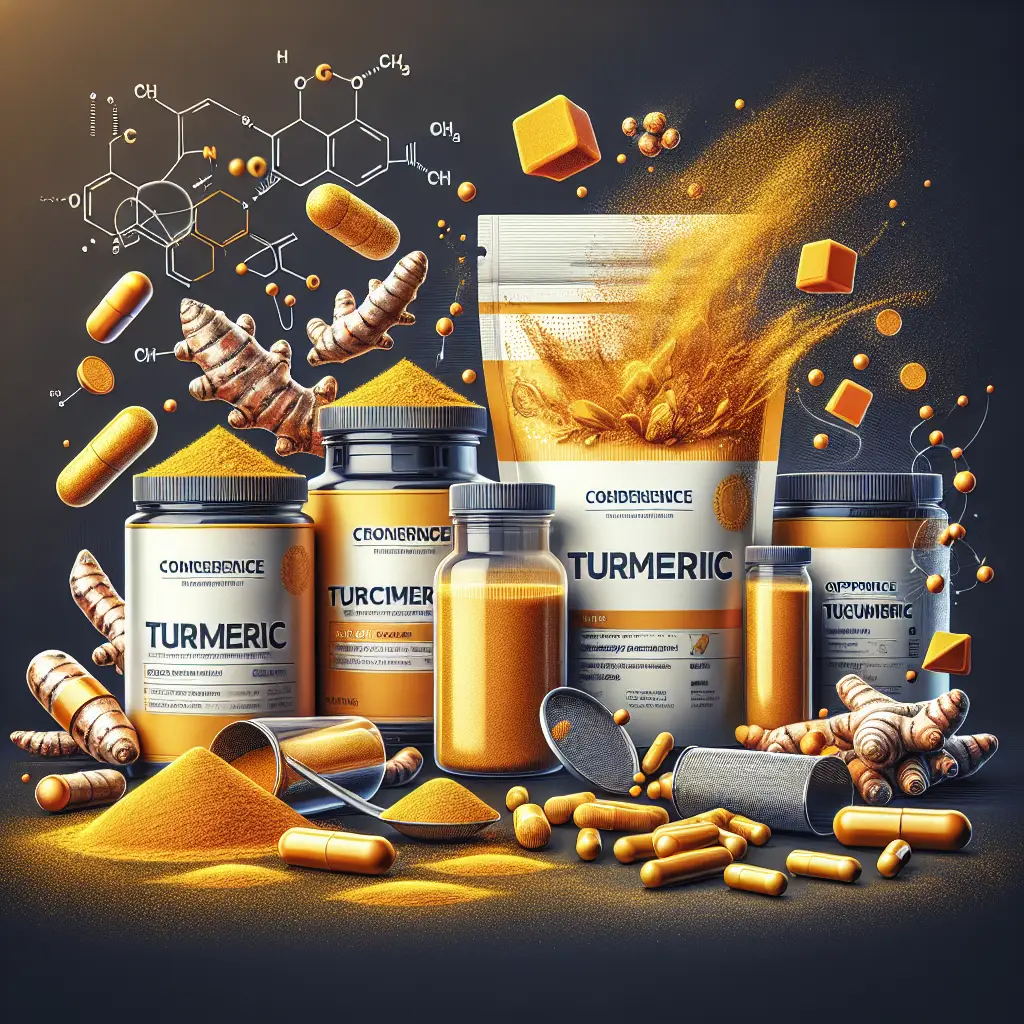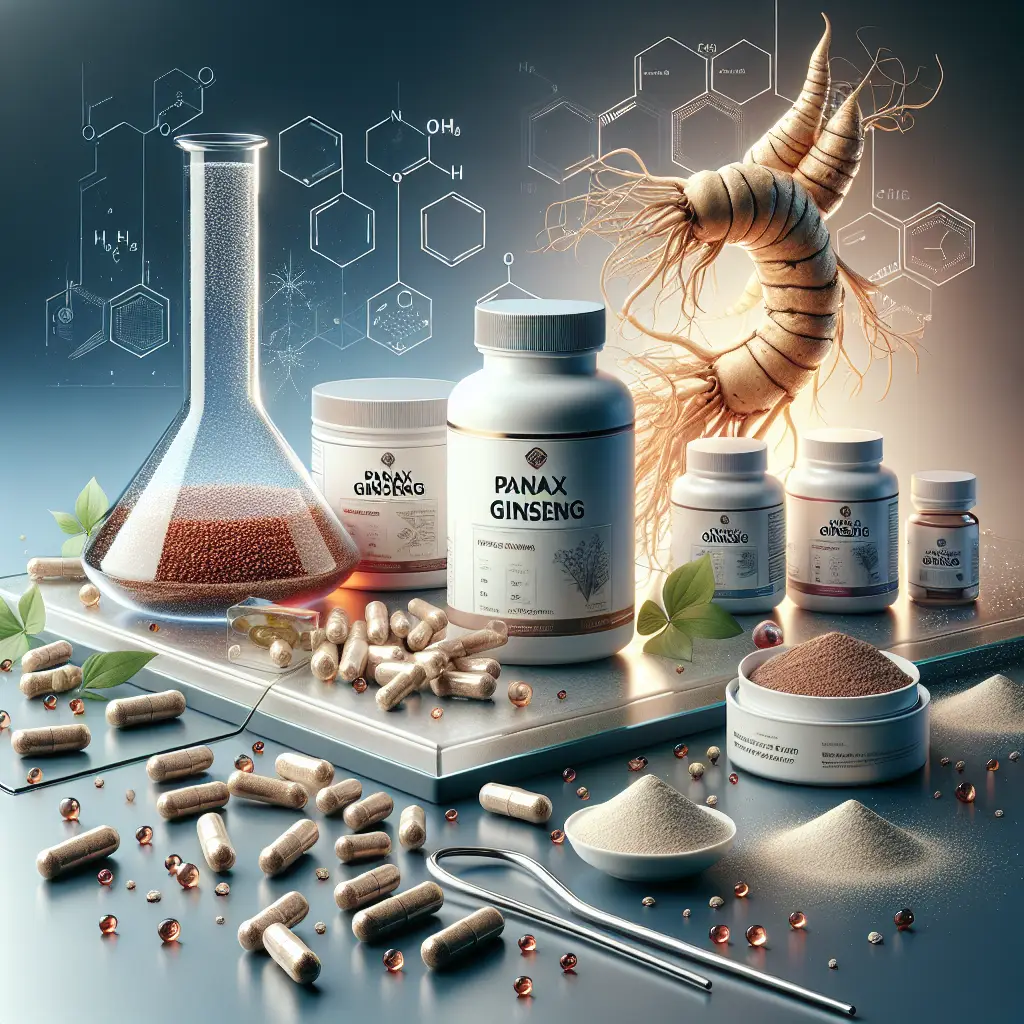Turmeric
Turmeric, a vibrant yellow spice derived from the root of the Curcuma longa plant, has been used for centuries not only for its culinary applications but also for its medicinal properties. Native to Southeast Asia, particularly India, turmeric has become a staple in both traditional medicine and modern dietary practices. Its active compound, curcumin, is recognized for its numerous health benefits.
Benefits of Turmeric
- Anti-Inflammatory Properties: Turmeric is well-known for its anti-inflammatory effects. Curcumin inhibits the activity of various inflammatory markers, making it beneficial for conditions like arthritis and other inflammatory disorders.
- Antioxidant Benefits: Turmeric is rich in antioxidants that combat oxidative stress and neutralize free radicals, contributing to overall cellular health.
- Enhanced Cognitive Function: Some studies suggest that curcumin can improve cognitive function and may play a role in reducing the risk of neurodegenerative diseases like Alzheimer’s.
- Support Digestive Health: Turmeric can promote digestion by stimulating bile production and reducing symptoms of bloating and gas.
- Cardiovascular Health: By improving the function of the endothelium (the lining of blood vessels), turmeric may enhance heart health and lower the risk of heart disease.
Types or Forms Available
- Turmeric Powder: The most common form, used in cooking, supplements, or smoothies.
- Curcumin Extracts: Concentrated forms of curcumin that are typically available in capsules or tablets, offering higher doses.
- Turmeric Tea: A popular beverage made by steeping turmeric powder in hot water, often combined with ginger or lemon.
- Turmeric Oil: Used for topical applications, known for its anti-inflammatory and healing properties.
How to Use Turmeric
The recommended dosage of turmeric varies based on the form and purpose but generally follows these guidelines:
- Turmeric Powder: 1 to 3 grams (about 1 teaspoon) per day.
- Curcumin Extracts: 400 to 600 mg, taken 1 to 3 times daily, for therapeutic effects.
- Timing: Turmeric can be taken with meals to enhance absorption, especially when consumed with black pepper (piperine) which significantly increases curcumin's bioavailability.
Side Effects and Considerations
Generally considered safe, turmeric can cause some side effects, particularly at high doses. Potential side effects include:
- Gastrointestinal issues like nausea, diarrhea, and stomach upset.
- Allergic reactions in some individuals.
- Interactions with blood thinners and certain medications; consult your healthcare provider if you are taking these medications.
Individuals with gallbladder disease or those scheduled for surgery should be cautious and consult a healthcare provider before using turmeric supplements.
Foods Rich in Turmeric
Turmeric is best known as a spice, and while it's not as prevalent in whole foods, it can be found in:
- Curry powder mixtures, where turmeric is a common ingredient.
- Golden milk, a beverage made with turmeric, milk (or plant-based milk), and spices.
- Turmeric-infused foods like soups, sauces, and marinades.
Common Myths About Turmeric
- Myth: Turmeric is a cure-all. While turmeric has many beneficial properties, it should not be seen as a replacement for medical treatment or a cure for serious diseases.
- Myth: More turmeric means better effects. High doses can lead to adverse effects, and moderate amounts are often sufficient for health benefits.
- Myth: All turmeric supplements are the same. Quality and bioavailability can vary; look for high-quality products that include piperine for better absorption.
Conclusion
Turmeric, particularly its active component curcumin, offers a range of health benefits supported by scientific research. Whether used in cooking, as a supplement, or in beverages, it holds a significant place in both nutritional and therapeutic contexts. Embracing turmeric can be a simple yet effective addition to a healthy lifestyle, benefitting both general well-being and athletic performance.















